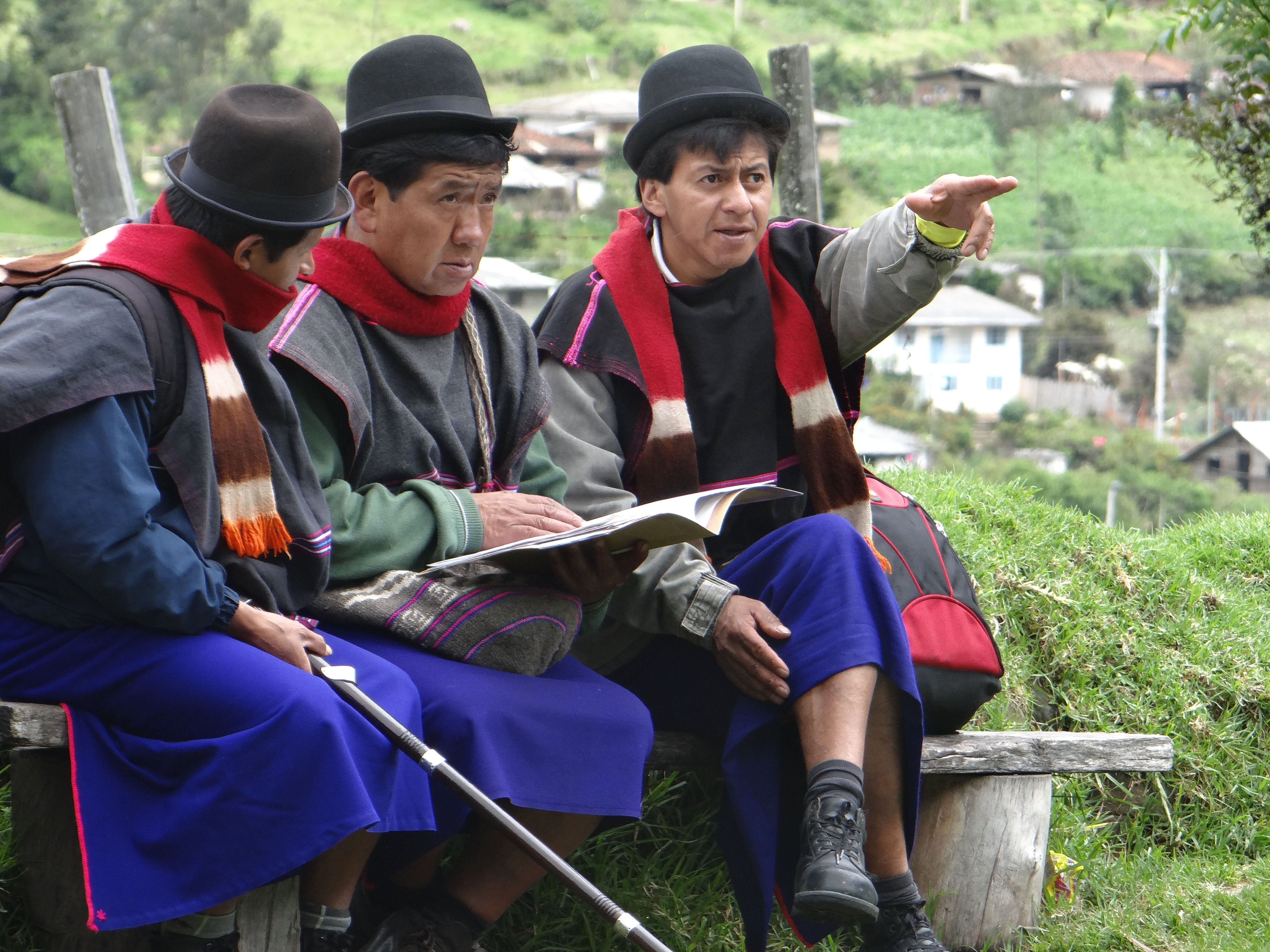
Improving the Social Status, Increasing Incomes of Afro-Colombian and Indigenous Peoples
RELATED NEWS
Summary
Ethnic minority populations are among the most marginalized groups in Colombia and suffer from challenges including exclusion, inequality, poverty, discrimination, and displacement, among others. To address these issues, USAID created the five-year Afro-Colombian and Indigenous Program (ACIP). Implemented by ACDI/VOCA, it was the first stand-alone program designed with the sole purpose of improving the lives of Afro-Colombian and indigenous persons. ACIP’s strategic approach was centered on building the human and institutional capacity of ethnic minorities and their communities, state institutions, and private-sector organizations.
Objectives
- Strengthened the capacity of key state institutions to develop and implement pro-minority public policies, use their resources effectively, and improve their minority information systems
- Enhanced the advocacy and governance capacities of ethnic organizations
- Increased minority populations’ access to economic opportunities
- Increased the quantity and quality of positive messaging regarding ethnic minority issues
Activities and Approaches
- Partnered with various Government of Colombia institutions, including INCODER, the Colombian Institute of Rural Development, the Ministry of Labor, the Ministry of Agriculture, the Department of Social Prosperity, and other national, municipal and local governments to build their capacity and promote economic security and land titling for Afro-Colombian and indigenous communities
- Linked with key cultural institutions and local organizations to develop and disseminate improved positive messages related to ethnic diversity, including with the support of news media outlets
- Partnered with over 100 private sector companies to enhance the skills of Afro-Colombian and indigenous youth and increase their employability
- Implemented a grant fund to support activities in three geographic regions: Pacific, Caribbean, and Central
Achieved Project Results
- Implemented over 330 projects in institutional strengthening, organizational strengthening, urban and rural economic development, and positive messaging related to ethnic communities
- Built the capacity of over 1,200 state officials in 53 government entities, improving their capacity to service ethnic minority communities
- Facilitated and supported 62 municipality and departmental development plans with investments devoted to ethnic minority populations
- Trained 16,056 community leaders in topics such as finance and administration, ethnic rights, and free, prior, and informed consultation
- Provided technical assistance to local governments in formulating their development plans, which resulted in obligations of $1.4 billion in public fund investments for ethnic communities
- Increased project formulation capacities in municipal administrations, which led to 99 projects, valued at $332.24 million, that are comprised of infrastructure, health, housing, economic development, education, and territorial governance initiatives in regions with dense ethnic populations
- Strengthened the capacities of more than 18,500 ethnic leaders, in project formulation, ethnic rights defense, gender equality, strategic planning, and administrative and financial management.
- Improved the capacity of 230 ethnic organizations to dialogue with the state and to exercise autonomy, self-governance, and territorial management
- Supported the titling of 253,964 hectares, which belong to 8,785 ethnic families
- Provided technical and legal assistance to communities in completing and submitting eight additional land formalization cases to INCODER benefiting nearly 3,000 new indigenous and Afro-Colombian families of the Sierra Nevada, Guajira, and Cartagena
- Supported 11,154 ethnic youth and young adults to attain formal employment
- Facilitated over 1,545 companies to hire ACIP-trained ethnic minority youth and young adults in Barranquilla, Cartagena, San Andres, Quibdó, Cali, Buenaventura, Medellín, and Bogotá
- Improved the lives of 13,122 families through rural development projects
- Supported 5,000 positive messaging publications to appear in national media, increasing awareness and understanding of diversity, ethnic rights, and cultural
Funder: USAID
Contact: Yamil A. Roger Nasser at yroger@acdivoca.org
Updated: 12/16


